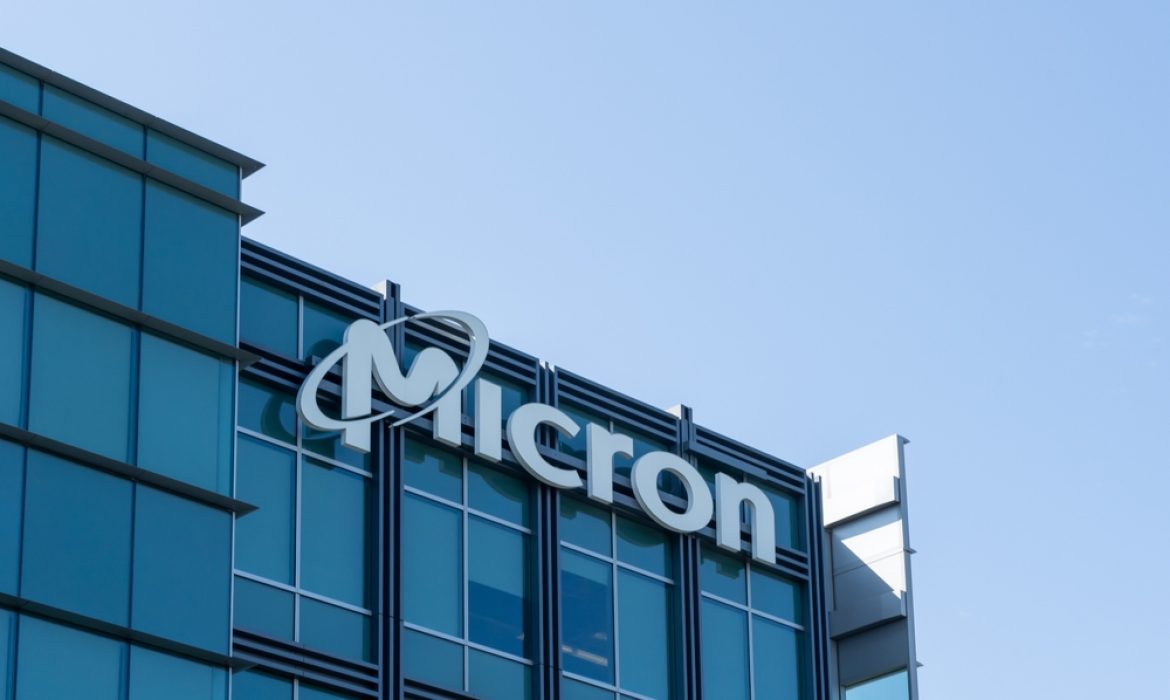Micron Technology Inc.’s post-results selloff serves as a fresh reminder to global investors about the risks inherent in betting on artificial intelligence chipmakers. The memory chip manufacturer’s shares fell about 8% in extended trading after issuing a forecast that did not meet the highest estimates, underscoring the volatility and high expectations in the AI sector.
Just days after leading AI chipmaker Nvidia Corp. saw a nearly half-trillion-dollar slump, Micron’s stock drop further highlighted the precarious nature of the AI-driven market surge. Despite the company’s high-bandwidth memory being a potential complement to Nvidia’s industry-leading chips for training large language models, Micron was penalized for not exceeding the lofty expectations set by the market. Its shares had more than doubled in the year leading up to the report, but the outlook in line with average analyst estimates was not enough to sustain investor confidence.
“The market is holding totally unrealistic expectations, as many names who are beating street estimates by a wide margin are still being sold down,” said Andrew Jackson, head of Japan equity strategy at Ortus Advisors Pte in Singapore. “But I think the street is very well aware of the fact that these US names are pretty overcooked. Too many paper hands chasing the fast easy money.”
The big jumps in market value appear vulnerable to rapid correction, as evidenced by Nvidia’s shares entering correction territory earlier this week before bouncing back. A global gauge tracking semiconductor shares has fallen about 5% since reaching an all-time high earlier this month. Taiwan Semiconductor Manufacturing Co., which produces Nvidia’s most valuable chips and is considered critical for AI, has slipped more than 2% since its June 19 high.
Micron’s announcement also triggered declines in South Korea’s two biggest companies, memory makers Samsung Electronics Co. and SK Hynix Inc., though they recouped their losses by the close on Thursday. For these businesses, whose traditional output includes supplying memory for PCs, smartphones, and more conventional data center use, last year’s slump adds to the current share price uncertainty.
Micron’s briefing fell short of what SK Hynix had previously offered when it announced that its HBM production capacity is largely sold out through 2025, noted Tom Kang, director at Counterpoint Research. Micron lacks the dominant position in AI memory that SK Hynix enjoys or Samsung’s lead in the broader memory industry, he added.
“This brings a reality check to the AI sector, which looks bubblish,” Kang said.
For more details, visit the source here.


